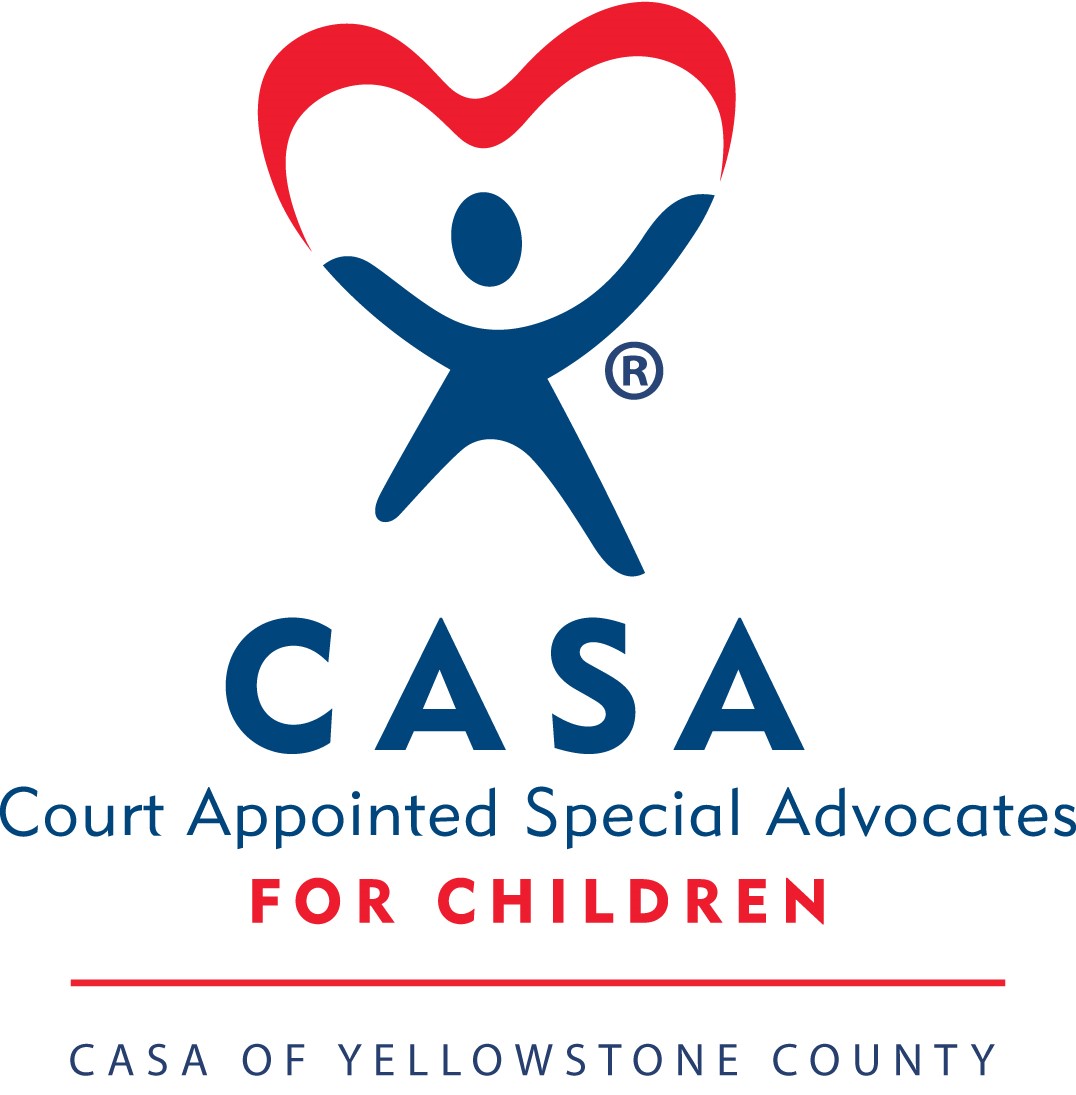When we hear the term “best interest” in child welfare, it’s easy to assume it refers to finding the perfect solution for a child. However, during a recent training sponsored by National CASA and led by Judges Calvert and Fernandes, we explored the true meaning of this phrase—and it’s not about perfection. Rather, it’s about understanding and meeting the child’s individual needs within their unique circumstances.
What Does “Best Interest” Really Mean?
At its core, “best interest” is a misnomer. Judges Calvert and Fernandes made it clear that the court is not searching for the “best” home or the “best” situation in a subjective sense. What the court is really asking is: What does this child need to thrive, given their current circumstances? There is no universal definition of “best interest” because it varies from child to child. It’s all about understanding the child’s specific needs and situation, not some idealized notion of what’s “best.”
Why Child-Specific Advocacy is Essential
As Court Appointed Special Advocates (CASAs), we must focus on the child’s needs, not on finding the “best” alternative for them. Judges Calvert and Fernandes emphasized that it’s not a competition to find the most perfect home. Instead, we ask: Is the child safe? Is the home appropriate for them? What is the child used to, and does the placement meet those needs? Environmental factors matter, and they vary widely. A community’s standards might differ, but what’s important is whether the home meets the minimum threshold for safety and stability.
The Role of CASAs: Unbiased, Child-Focused Advocacy
CASAs serve as the eyes and ears of the court, offering a unique and independent perspective. We don’t have a personal agenda. Our only goal is to advocate for what the child needs, based on the facts. As Judges Calvert and Fernandes put it, CASAs are a vital checks-and-balance system for the child welfare process. We observe and report what we see—not our opinions, but the facts of the child’s situation. This objectivity ensures that the court has a clear and accurate picture of the child’s needs.
Factual, Timely Reporting: Critical to “Best Interest” Advocacy
Timeliness and thoroughness are key when reporting to the court. Judges rely on CASA reports to make decisions that impact a child’s future, so it’s critical that the information provided is complete, factual, and delivered promptly. Delays or incomplete reports can have significant consequences for a child, potentially leading to prolonged uncertainty or instability in their life.
Reunification and Parent Efforts: Focus on Behaviors, Not Tasks
An important takeaway from the training was the emphasis on evaluating parent behaviors rather than simply task completion. Reunification isn’t about parents checking off a list of tasks—it’s about whether their actions reflect a genuine effort to create a safe and stable environment for their child. Judges Calvert and Fernandes explained that parents don’t need to be “A+ parents” for reunification to be considered. As long as there’s no abuse or neglect, the question is whether the parents can meet the minimum threshold to provide a safe home.
Placement is Not a Competition
The court is not interested in hearing which placement is “better” in a subjective sense. The focus is always on whether the child’s placement is safe, appropriate, and able to meet the child’s needs. As CASAs, we must remember that we’re not advocating for the “best” placement, but for one that ensures the child’s safety and well-being. Comparisons of homes or highlighting how one may be “better” based on community standards are irrelevant if the minimum threshold of care is met.
CASAs in the Child Welfare System
One of the most critical roles CASAs play is acting as a check within the child welfare system. Judges Calvert and Fernandes stressed that our observations help ensure that the child’s voice is not lost. Our role is to maintain the child’s focus at the center of all decisions, and to ensure that the court is equipped with timely, factual information.
Conclusion: Child-Centered, Need-Based Advocacy
In advocating for the “best interest” of a child, CASAs must remember that it’s not about finding perfection. It’s about ensuring the child is safe and their needs are met within the context of their life. Through factual reporting and an unbiased, objective perspective, CASAs provide the court with the information it needs to make informed decisions for the child’s future.
This training from Judges Calvert and Fernandes reinforced the essential role we play in child welfare, reminding us that our advocacy must always be rooted in the individual needs of the child, with a focus on their safety, stability, and well-being.






